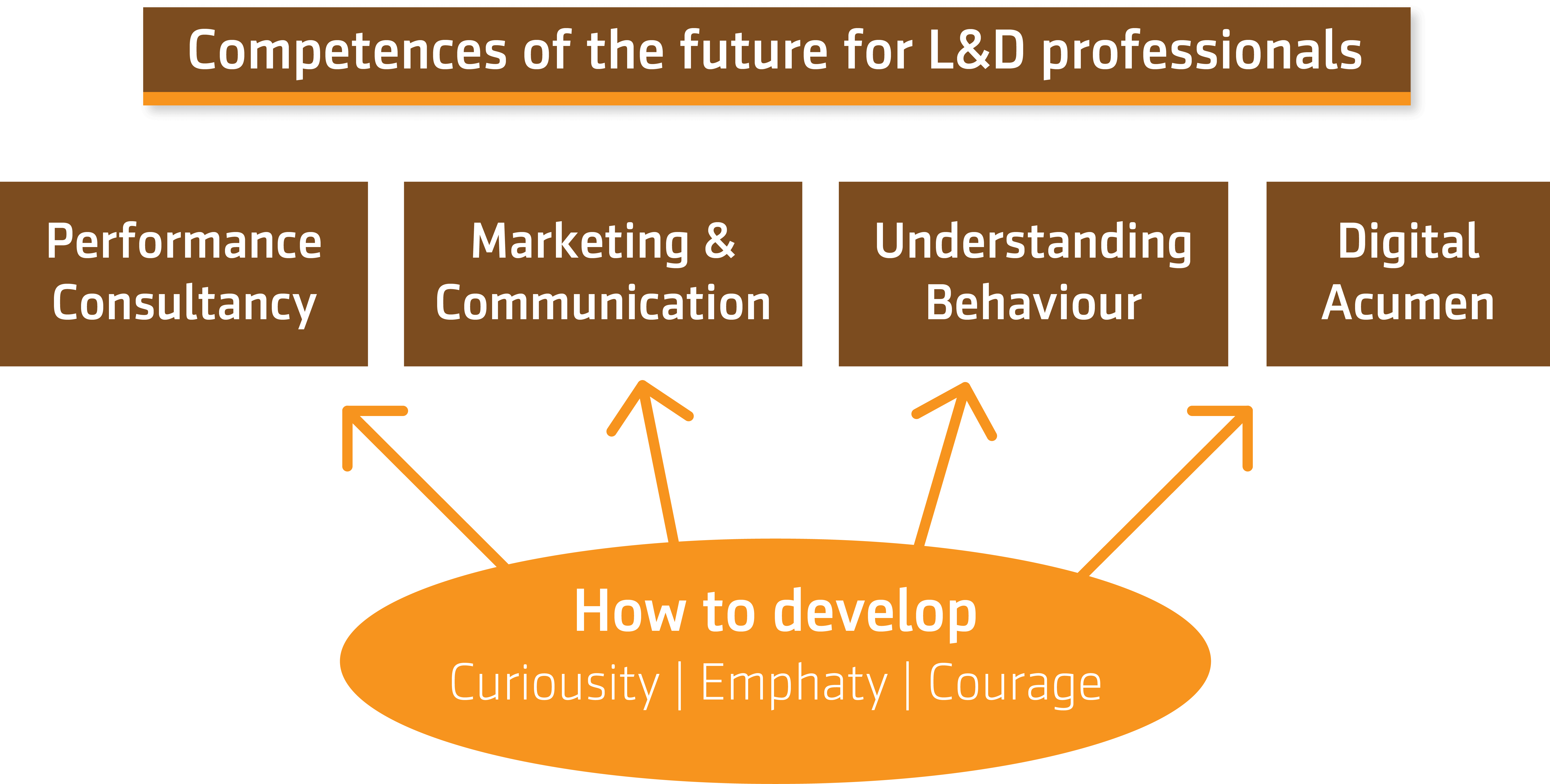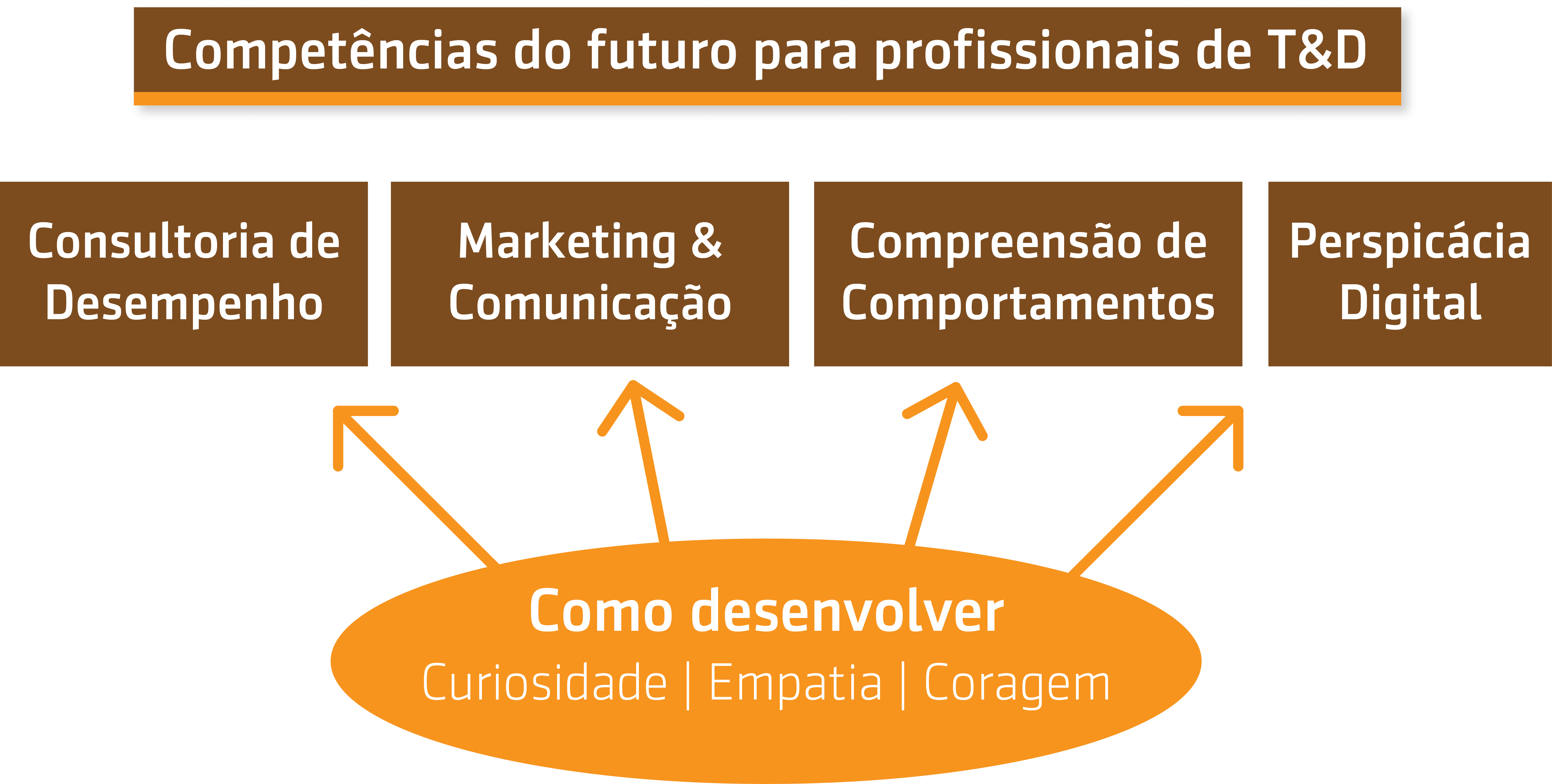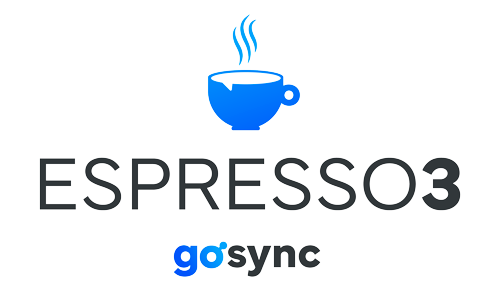We are back at the 70:20:10 Conference and my next interviewee is Anca from Citigroup we’ll discuss the competencies of the future for L&D professionals. I’m Wagner Cassimiro and this is the Espresso3.
Why do we need to change?
This is a very good question. In the workplace, we talk about the future of work these days. We talk about different trends that are affecting the way that we work and interact with each other, the value that we bring in the society, for our clients. That’s a common conversation.
One of the things that we believe at Citi is the learning is working and working is learning. We are constantly thinking the way that we adapt that learning organization to the changing space of work.
If learning is working, how do we bring in new skills and adapt as a learning organization and what are those types of skills and how do we respond to the changing needs of our organizations? We need to change, we need to evolve so, we are constantly adapting to that.
What are these new competencies for a L&D professional?
We’ve been learning a lot over the years about a few competencies that are critical. Performance consultancy is at the core of the learning organization. Really understanding the client, the partners that you support, understanding the business, understanding what is their value and measure of impact.
What is the expected performance of the people that work there and how can you look at opportunities and performance problems and really help the business move and evolve. Performance consultancy is really critical.
One new skill that we experienced with over the years is marketing and communication because we realized the role of the learning organization plays into capturing hearts and minds of individuals. The use of colors, the use of messages, the channels we utilize, the way that we get across the people and when, the way that we don’t overwhelm so we keep just enough information and just enough messages for them to be able to make sense of them. These are really important marketing and communication skills.
Really, understanding behavior, so, the whole aspect of behavior science is a new emerging skill for the L&D organization.
The other one of course, as the future of work is more technical, more digital, data driven. So, here we see some other skills emerging like, digital acumen, and understanding new augment our capabilities and our people capabilities in the workplace. Really understanding of networks and how we can capture data of people’s interactions in the organization facilitates better interactions and learning from each other.
All of these are emerging skills that we consider either to bring those profiles in the learning organization or invest in adapting and evolving our capabilities and skills as people in the learning team.
How can we develop these new skills?
As with any skill, becoming interested, curious and aware that you need to apply those type of skills is the first level. What we’ve done at Citi is we brought in people in the learning organization that have that knowledge and expertise already developed to help the rest of us understand the space of marketing, communication or technology, digital. Just by bringing peers and sharing that with the rest of the team helps us evolve.
Then, of course, there are three key behaviors that we practice at Citi. Curiosity, Empathy and Courage. Just becoming really curious about this new space and opportunities for the learning function. Applying Empathy in the relationship with our partners and clients. And being courageous. Explore different territories.
Thank you!
Thank you.

TRADUÇAO
Competências do futuro para profissionais de T&D – 70:20:10 Summit, 2019
Estamos de volta à conferência 70:20:10 e minha próxima entrevistada é Anca, do Citigroup. Vamos discutir as competências do futuro para os profissionais de T&D.
Eu sou Wagner Cassimiro e este é o Espresso3.
Por que precisamos mudar?
É uma boa pergunta. No local de trabalho, falamos sobre o futuro do trabalho nos dias de hoje. Falamos sobre diferentes tendências que estão afetando a maneira como trabalhamos e interagimos uns com os outros, o valor que trazemos para a sociedade, para nossos clientes. Essa é uma conversa comum.
Uma das coisas que acreditamos no Citi é que aprender é trabalhar, e trabalhar é aprender. Estamos constantemente pensando na maneira como adaptamos essa organização de aprendizagem ao espaço de mudança do trabalho.
Se a aprendizagem está funcionando, como trazemos novas habilidades e nos adaptamos como uma organização de aprendizagem e quais são esses tipos de habilidades e como respondemos às necessidades em mudança de nossas organizações? Precisamos mudar, precisamos evoluir, estamos constantemente nos adaptando a isso.
Quais são essas novas competências para um profissional de T&D?
Temos aprendido muito ao longo dos anos sobre algumas competências que são críticas. A consultoria de desempenho está no centro da organização que aprendem. Realmente entender o cliente, os parceiros que você suporta, entender o negócio, entender qual é o seu valor e medir o impacto.
Qual é o desempenho esperado das pessoas que trabalham lá e como você pode olhar para oportunidades e problemas de desempenho e realmente ajudar a empresa a mudar e a evoluir. Consultoria de desempenho é realmente crítica.
Uma nova habilidade com a qual experimentamos ao longo dos anos é marketing e comunicação, porque percebemos o papel que a organização que aprende desempenha ao capturar corações e mentes dos indivíduos. O uso de cores, o uso de mensagens, os canais que utilizamos, o modo como nos deparamos com as pessoas e quando, como não sobrecarregamos, por isso mantemos apenas informações suficientes e mensagens suficientes para que possam fazer sentido. Essas são habilidades de marketing e comunicação realmente importantes.
Realmente, a compreensão do comportamento, assim, todo o aspecto da ciência do comportamento é uma nova habilidade emergente para a organização de T&D.
O outro é claro, já que o futuro do trabalho é mais técnico, mais digital, orientado por dados. Então, aqui vemos algumas outras habilidades surgindo como, perspicácia digital e compreensão do novo aumentam nossas capacidades e as capacidades das pessoas no local de trabalho. Realmente entender as redes e como podemos capturar dados das interações das pessoas na organização facilita melhores interações e a aprendizagem de umas com as outras.
Todas essas são habilidades emergentes que consideramos tanto para trazer esses perfis para a organização que aprende como para investir na adaptação e evolução de nossas capacidades e habilidades como pessoas da equipe de aprendizagem.
Como podemos desenvolver essas novas habilidades?
Como com qualquer habilidade, tornar-se interessado, curioso e consciente de que você precisa aplicar esse tipo de habilidade é o primeiro nível. O que fizemos no Citi é que trouxemos pessoas para a organização de aprendizagem que têm esse conhecimento e experiência já desenvolvidos para ajudar o resto de nós a entender o espaço de marketing, comunicação ou tecnologia, digital. Apenas trazendo colegas e compartilhando isso com o resto da equipe nos ajuda a evoluir.
Então, é claro, existem três comportamentos-chave que praticamos no Citi. Curiosidade, empatia e coragem. Apenas se tornando realmente curioso sobre este novo espaço e oportunidades para a função de aprendizagem. Aplicando empatia no relacionamento com nossos parceiros e clientes. E sendo corajoso. Explorar territórios diferentes.
Obrigado!
Obrigada.

Clique aqui para assistir às outras entrevistas gravadas durante o 70:20:10 Summit de 2019 e 2018.
